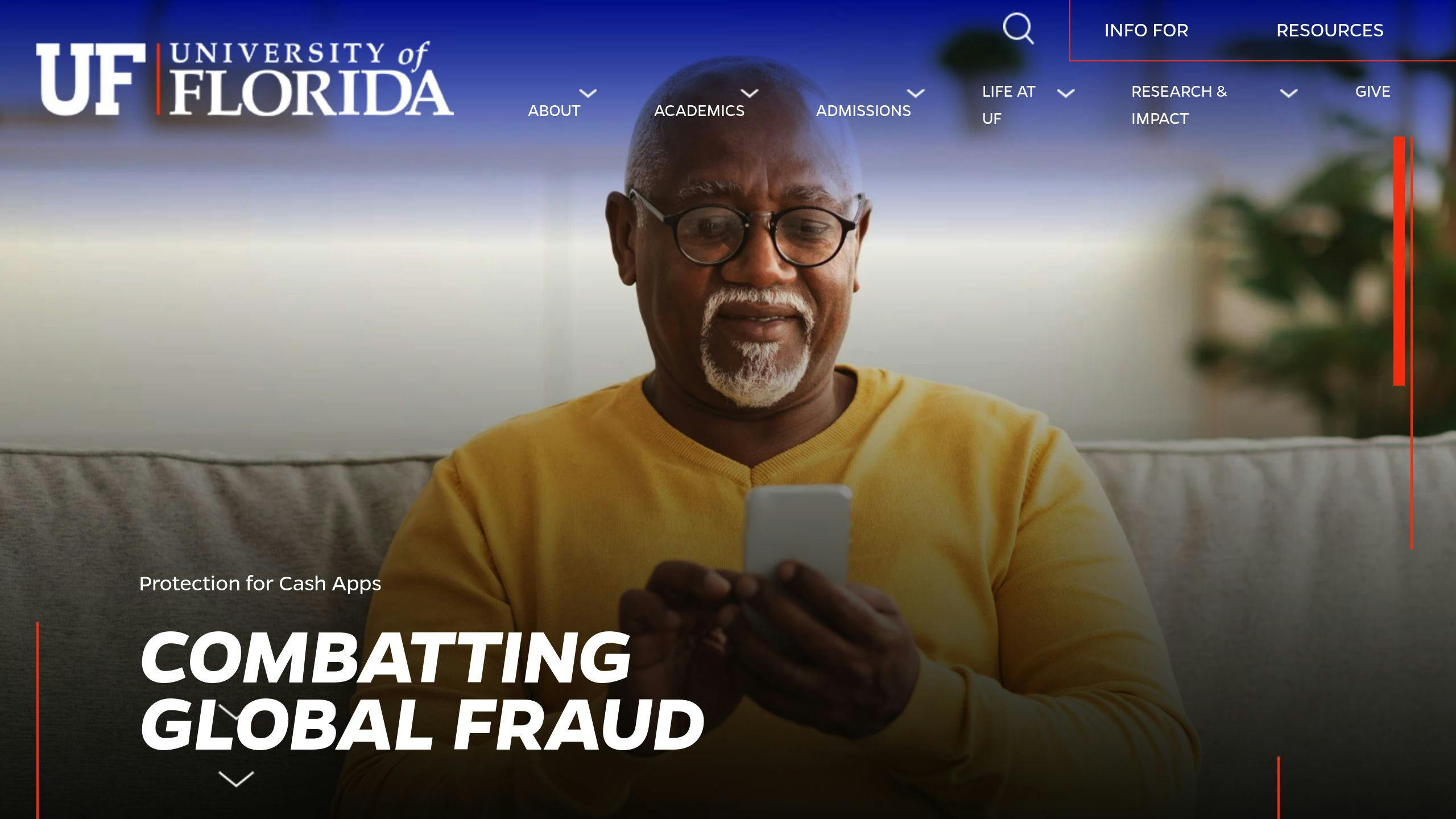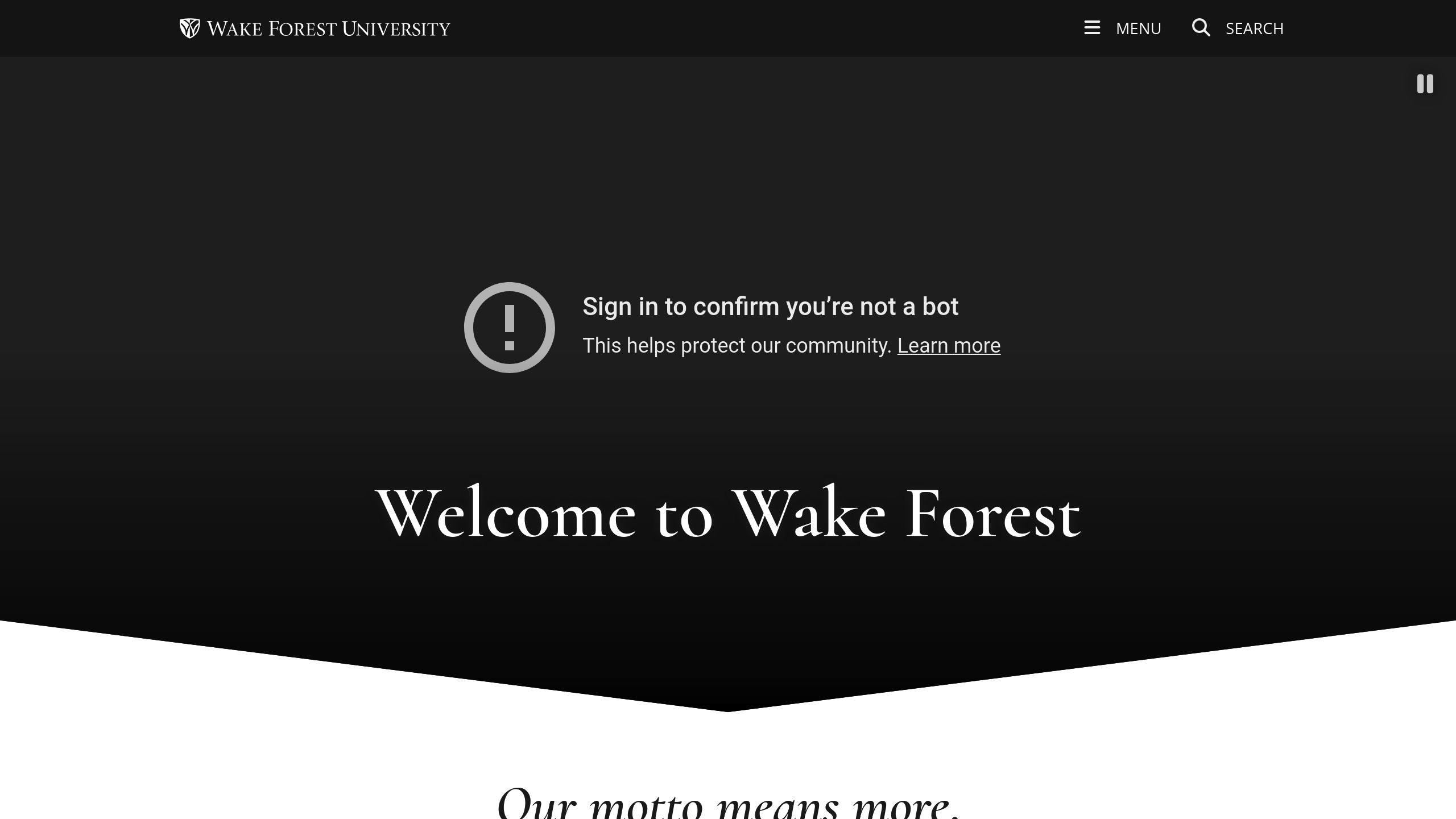Dec 27, 2024
How Universities Can Improve Career Services with AI
AI is revolutionizing university career services by enhancing job matching, resume reviews, and virtual coaching for students.

AI is transforming university career services by solving common challenges like overloaded counselors and outdated job-matching systems. Here's how AI is making a difference:
Resume Review: AI tools provide instant feedback on resumes, helping students optimize for Applicant Tracking Systems (ATS) and saving time for career advisors.
Job Matching: AI platforms suggest personalized job opportunities based on skills and market trends, keeping students updated with real-time data.
Virtual Coaching: AI-powered career coaches offer mock interviews, skill-building tips, and 24/7 support.
Key Benefits:
Faster job placement through tailored guidance.
Improved efficiency for career advisors.
Stronger alignment between student skills and employer needs.
Universities like the University of Florida and Wake Forest University are already using these tools to prepare students for today's job market. Read on to discover specific strategies, tools, and examples.
How to get your resume past the AI job screeners
AI Tools for Career Services
AI is reshaping career services by taking over repetitive tasks and offering customized guidance, helping students land jobs faster and more efficiently. These tools tackle challenges like overloaded counselors and clunky job-matching systems head-on.
AI Resume Review Platforms
AI-powered resume tools give quick feedback on things like formatting, content, and industry fit, ensuring resumes are ready for Applicant Tracking Systems (ATS) and tailored to specific career paths. For example, the University of Cincinnati uses these tools to offer students 24/7 resume improvement support [3]. This frees up career advisors to spend their time on one-on-one coaching rather than initial resume checks.
AI Job-Matching Systems
AI job-matching platforms take the guesswork out of job hunting. By analyzing student profiles, they deliver curated job alerts, track applications, and recommend roles based on skills and market trends. Wake Forest University has used these systems to align students with industry demands [2]. With these platforms, students can:
Get job recommendations tailored to their profiles
Automatically track application progress
Discover opportunities that match their skill sets
Stay updated with real-time market data
AI Virtual Career Coaching
AI virtual coaches bring personalized career advice to the table, offering mock interviews, instant feedback, and skill-building suggestions. Tools like Quinncia[4] provide students with:
Practice interviews with immediate feedback
Suggestions for improving specific skills
Access to support anytime, day or night
Integrating AI into Career Services
Using AI in Workshops and Training
Career services departments are reshaping workshops by introducing hands-on AI training. For example, the University of Florida's AI and the Job Search workshops teach students practical skills like optimizing resumes for ATS, using AI tools in job searches, and preparing for AI-powered interviews [1].
Platforms such as Prentus, an AI-driven career development tool, provide students with practical experience. These tools help students refine their application materials and receive immediate, actionable feedback.
Collaborating with Industry Partners
Building strong connections with industry partners is key to effectively integrating AI. Universities can work with AI-focused companies to provide:
Guest speakers for AI-centered workshops
Internships in roles involving AI
Mock interviews using the same AI platforms employers rely on
Feedback on aligning curriculum with industry needs
These collaborations not only teach students AI skills but also ensure training aligns with what employers are looking for.
Preparing Career Advisors for AI Tools
Career advisors need to stay current with AI tools, understand how to analyze market trends, and address ethical issues like bias and privacy. Ongoing professional development helps advisors provide up-to-date, inclusive guidance that meets the needs of today’s job market.
Examples of AI in University Career Services
University of Florida: AI in Curriculum

The University of Florida has incorporated AI into its career services through the AI-across-the-curriculum initiative, collaborating with companies like Elutions and Vobile. Their Career Connections Center offers programs aimed at preparing students for careers in AI-related fields [1]. Through the AI Central partnership with the Greater Gainesville Chamber, the university connects academic training with employer expectations, creating clear pathways into AI-focused careers. This effort highlights how universities can align student skills with industry demands using AI tools [1].
Wake Forest University: AI Job Matching

Wake Forest University uses an AI-driven career services platform to provide tailored job matching, resume improvement, and skills-gap analysis [2]. The platform offers real-time updates on industry trends and skill requirements, helping students plan their careers with precision. By using AI-generated insights, students can adjust their preparation to meet shifting workforce needs [2].
The system also tracks market changes and evolving skill demands, ensuring career advice stays relevant. This allows career advisors to offer more focused guidance, enabling students to make well-informed choices about their professional paths [2].
These examples show how universities are using AI to enhance career services, helping students navigate a fast-changing job market with better preparation.
Conclusion: AI and the Job Market
AI is transforming university career services by offering tools that improve personalization, scalability, and alignment with what employers are looking for. For example, the University of Florida showcases how AI tools can help bridge the gap between academic training and workforce requirements, strengthening the connection between education and employment.
To make the most of AI, universities, students, and employers need to work together and take actionable steps. Here's how each group can play a role:
For AI to truly make an impact, several factors need attention:
Regularly assess AI tools for accuracy and relevance in the job market
Ensure ethical use of AI, balancing automation with human input
Track and evaluate how these tools affect student outcomes
Adjust systems based on feedback from industries and hiring trends
Wake Forest University's AI-powered platform highlights how these technologies can enhance career services [2]. Similarly, the University of Florida's Career Engagement Summit illustrates the benefits of bringing together universities, students, and employers to discuss AI's role in recruitment [1].
The future of career services will depend on blending AI's capabilities with human expertise. This approach can improve student outcomes while addressing employer demands in a rapidly changing job market. By focusing on these areas, institutions can ensure AI remains practical, ethical, and in step with workforce needs.
FAQs
What is the best AI resume builder in 2024?
AI resume builders have become a valuable resource for career advisors, helping students create strong application materials. Here are some of the top options for 2024:
Prentus is another great option, offering features specifically designed for entry-level candidates, making it a strong choice for university career services.
When choosing an AI resume builder, career services should focus on factors like integration, customization, industry relevance, outcome tracking, and data security. To get the best results, these tools should be paired with input from human career advisors. This ensures resumes not only work well with automated systems but also retain a personal touch.
AI resume builders are just one way universities can leverage AI to better prepare students for the workforce, as discussed throughout this guide.